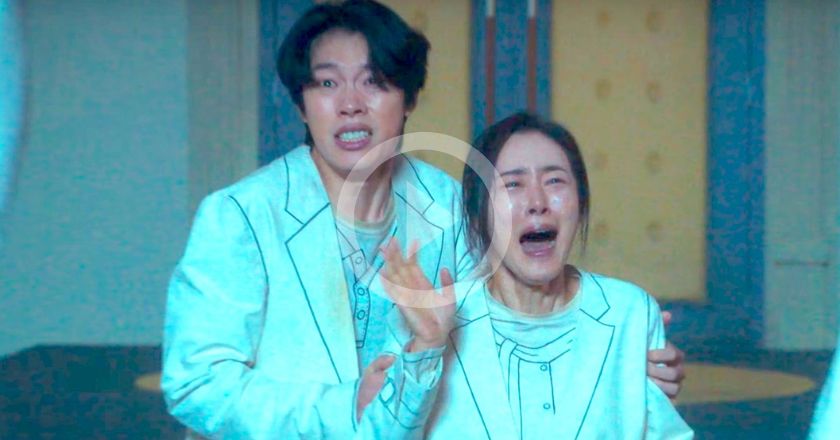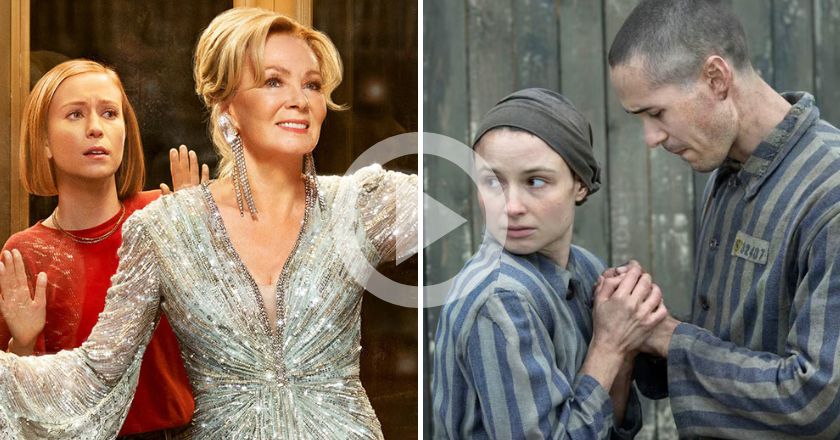
Written by Hannah Joyner.
Sometimes it takes being shown what good acting is to remind us what to look for. Director Olivier Assayas’ Clouds of Sils Maria is one such reminder.
Assayas seems to have a knack for showing on screen the slipping of time through one’s fingers, or at the very least, making this loss felt. His 2008 film Summer Hours told the story of two siblings (Charles Berling and Juliette Binoche) put in charge of their deceased mother’s belongings and how memories are lost over time. Reuniting with Binoche again for Clouds of Sils Maria, the loss of memory has evolved to be reflecting on one’s younger self, and the result is even more biting.
Binoche plays Maria Enders, an actress well known for her role in the titular play, which she performed at the beginning of her career. She played Sigrid, the young female co-lead. Maria is approached by a Director wanting to revive the play, but this time around she is offered the role of the older character, Helena.
While she observes the casting process of Sigrid, Maria is forced to confront the subtle dismissal of female actresses once they reach a certain age. Her present career is not offering any better roles, and once Jo-Anne Ellis (played by Chloe Grace Moretz) is cast as Sigrid, it becomes clear that young actresses have career limitations of their own, despite the current media interest in their lives.

Assayas’ clever inclusion of technological devices used by characters keeps the story in a fluid state, and it mirrors our own misconceptions of what we think we can ever know about someone from one moment to the next. Does a video catching a young starlet fighting with the paparazzi reveal her life to us, or is she the sweet girl telling Maria Enders what a fan of hers she is? Assayas lets the audience ponder.
Multiple moods run through the film, but much needs to be said of the screen chemistry between Kristen Stewart, who plays Maria’s personal assistant Valentine, and Binoche. Their relationship is at once casual and co-dependent. Valentine is the cool young professional, seeming to need no one, while Maria masks her loneliness with cutting remarks. Their scenes together are fraught with power play. Soon the audience realises there was perhaps a time when Maria didn’t need to fight for attention, and watches as each attempt to seize control slips away from her. Binoche’s working relationship with Director Olivier Assayas aside; few actresses could play each layer of Maria as well. She is simply human, and judging her is to blind ourselves to time’s plan for each of us.
Assayas’ use of Pachelbel’s ‘Canon in D Major’ in some stunning scenic shots of Switzerland and Italy is yet another clever distraction. Like a tourist tempted to capture their trip on camera, the audience risks being taken in by these romantic directorial gestures. That is until the lights come up, and we are left to wonder what tiny plot details we have already forgotten.







